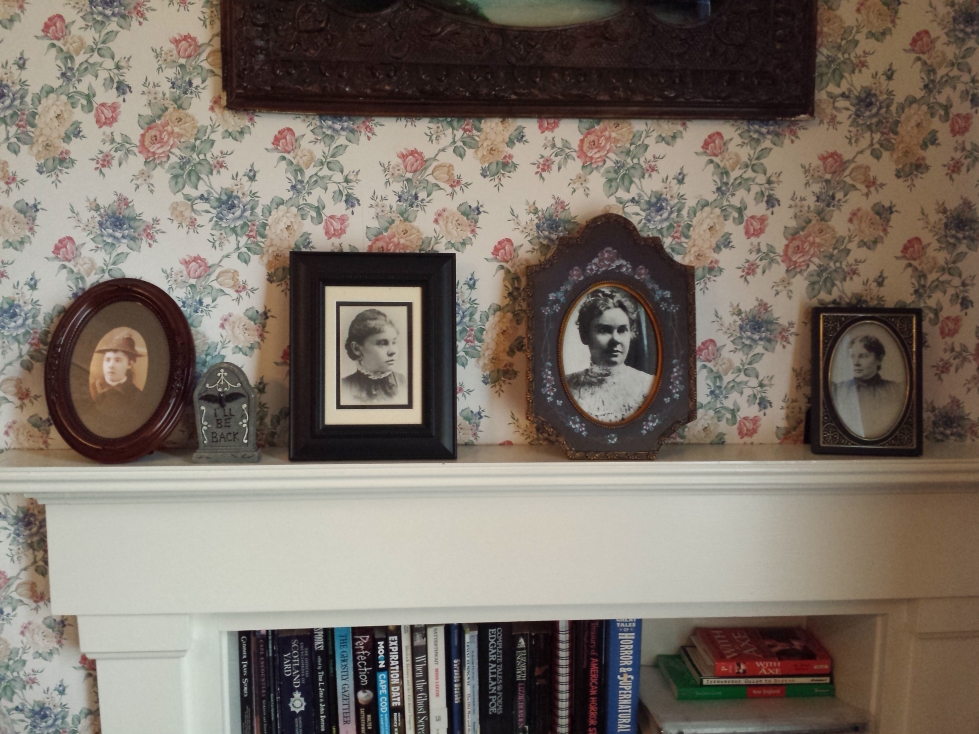I was thinking about the classifcation of ‘weird fiction’ the other day (because I do these things) and tried to come up with a satisfactory definition for myself. For me, it falls into the ‘I know it when I see it’ catagory, but that didn’t do anything for trying to come up with a working definition. So I did some research.
I know that these days ‘weird fiction’ referres to a sub-genre of the sci-fi/fantasy/horror genres but like the steampunk sub-genre, weird fiction has been around for quite some time (before, even the genre classifications we use today). Weird Tales maganzine – founded in 1923 – is a notable example. Additionally, Wikipedia’s entry on weird fiction makes note of Lovecraft adopting and popularizing the phrase from Irish author Sheridan le Fanu in his essays in the 20’s and 30’s.
However the phrase ‘new weird’ has been adopted by numerous contemporary authors (China Mieville, among others) and publishers, and according to it’s Wikipedia entry, was begun in 1990. Huh.
My final thought (for the moment) in trying to sum up weird ficiton is that it defys defining (as many have already said). Better, then, to give some examples. Compiled from Wikipedia, Amazon, Arkham House and China Mieville, here are several (but by no means all) popularly recoginzed authors who’s works (some or all) classify as ‘weird’ (in no particular order):
H.P. Lovecraft
Ramsey Campbell
Clark Ashton Smith
China Mieville
August Derleth
Frank Bellknap Long
Brian Lumley
Ray Bradbury
Thomas Ligotti
Robert E. Howard
Shirly Jackson
William Hope Hodgson
Robert Bloch
Additionally, I came across this ‘Top Ten Weird Fiction Books’ compiled by China Mieville for The Guardian in 2002, in which he attempts to define weird fiction (and ends up stating that he considers all of SFF&H to qualify).
It’s also worth noting Arkham House Publishers – founded by August Derleth – who have produced many wonderful editions of Lovecraft’s work (among many other ‘weird fiction’ authors) as an excellent resource. As is the book “The New Weird” by Jeff and Ann Vandermeer. I’m sure there are plenty more authors, books, publishers and resources that could be listed here; my goal is to give just a sample in the hopes of letting others come to their own definitations.
